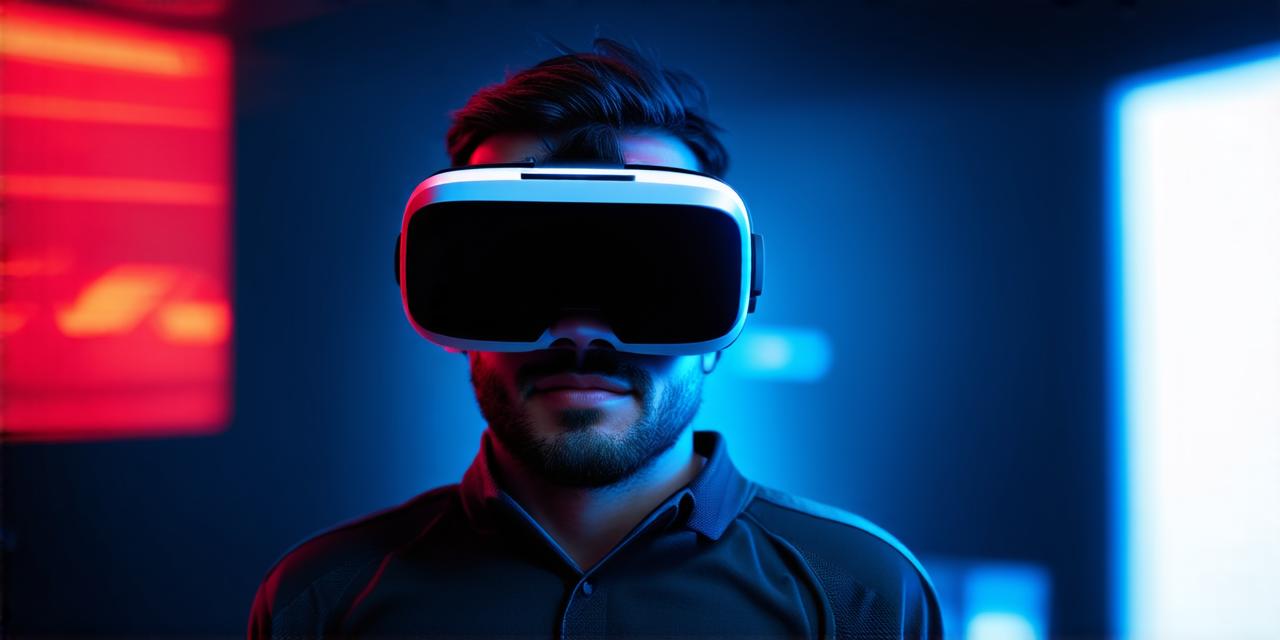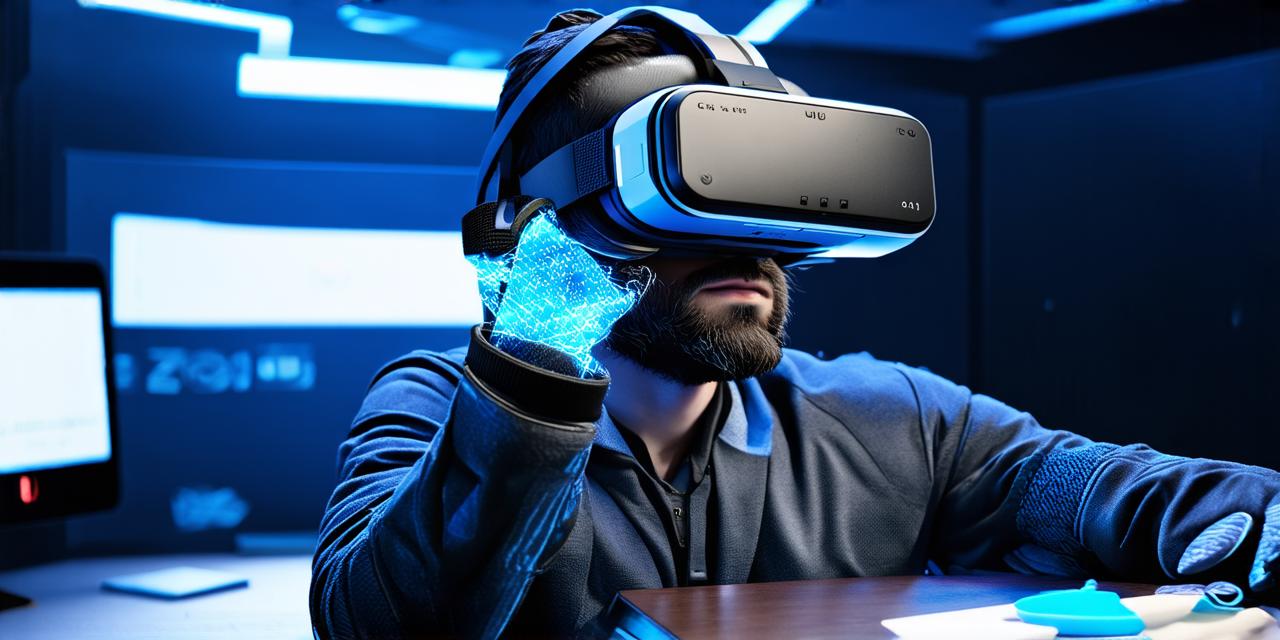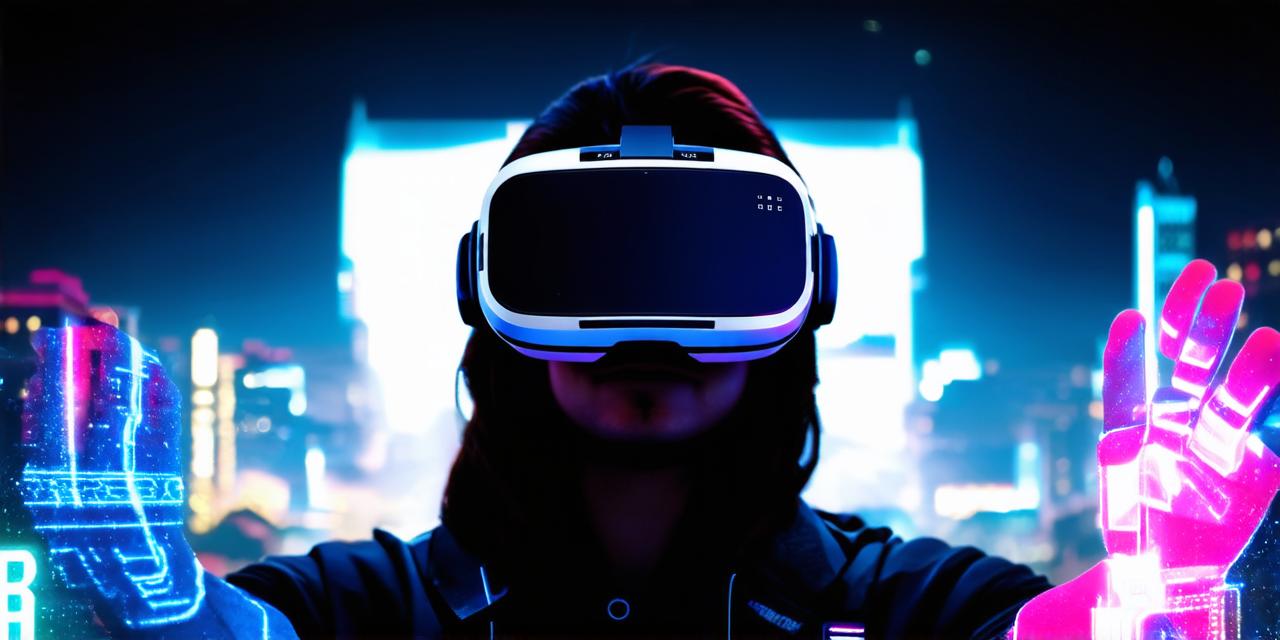Virtual Reality (VR) is a rapidly growing technology that has the potential to revolutionize the way businesses operate. It allows customers to experience products or services in a simulated environment before making a purchase, which can lead to increased customer satisfaction and loyalty.
1. Enhanced Product Visualization
Virtual reality enables customers to visualize products in a more realistic way than traditional 2D images or videos. This can be particularly useful for businesses that sell products that are difficult to visualize, such as furniture or home decor. By allowing customers to see and interact with products in a virtual environment, they can make more informed purchasing decisions, leading to increased customer satisfaction.

2. Improved Customer Experience
Virtual reality can create an immersive and interactive experience for customers, which can help businesses stand out from their competitors. For example, a virtual reality tour of a hotel or vacation rental can give potential customers a better understanding of what they can expect when they book with your business. This can lead to increased customer loyalty and repeat business.
3. Cost Savings
Virtual reality can reduce the need for physical samples or prototypes, which can save businesses money on production and shipping costs. Additionally, virtual reality can be used to train employees in a safe and cost-effective way, without the need for expensive equipment or real-life scenarios.
4. Increased Accessibility
Virtual reality can make products and services more accessible to customers who may not have had the opportunity to experience them before. For example, a virtual reality demo of a medical device can allow doctors and patients to see how it works in a safe and controlled environment, which can be particularly useful for those with limited mobility or access to specialized equipment.
5. Remote Collaboration
Virtual reality can enable businesses to collaborate remotely by allowing team members from different locations to interact in a virtual environment. This can be particularly useful for businesses that operate globally, as it allows team members to work together seamlessly without the need for travel or time zone adjustments.
In conclusion, virtual reality has the potential to benefit your business in numerous ways. By providing enhanced product visualization, improving customer experience, reducing costs, increasing accessibility, and enabling remote collaboration, virtual reality can help businesses stay competitive and meet the evolving needs of their customers.



